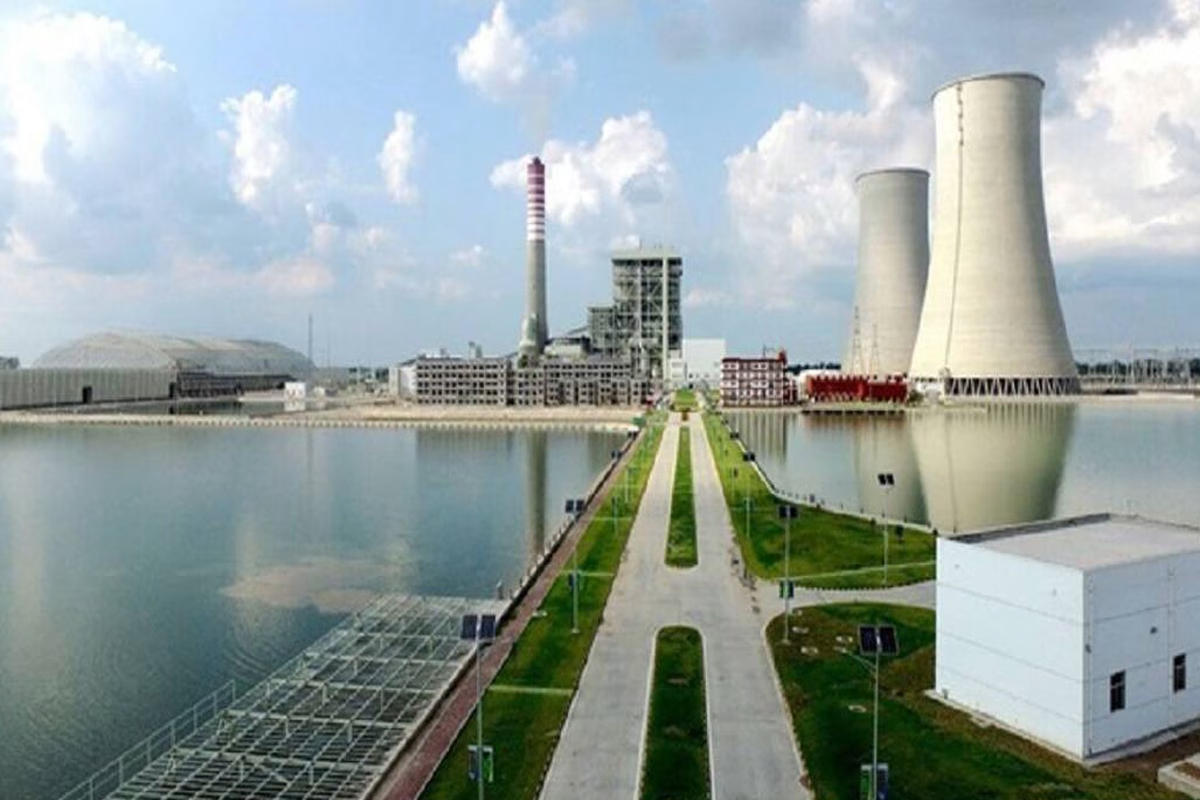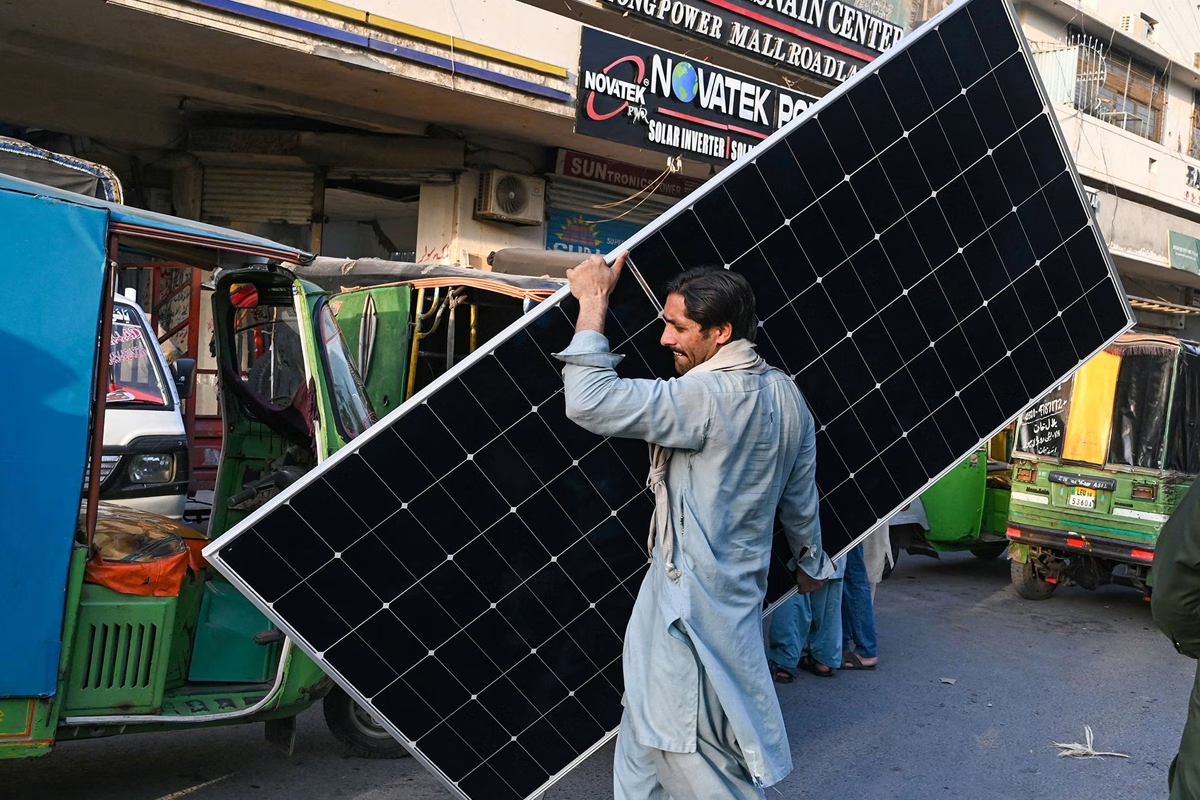
Sindh to distribute 200,000 solar kits among low-income families
August 16, 2024
OGDCL taps Pakistan’s first-ever tight gas project
August 16, 2024In a major step towards bolstering energy collaboration and economic stability, Pakistani Power Minister Muhammad Leghari announced on Monday that China and Pakistan have agreed to convert their coal power plants to run on local coal.
Leghari emphasized that China is taking the issue of ‘debt profiling’ seriously, which is a critical element of this transition. This announcement comes amidst ongoing challenges in Pakistan’s energy sector, particularly the issues with Independent Power Producers (IPPs). Since 2018, Pakistan has faced a financial burden from capacity payments to IPPs, which are required even if the electricity is not consumed.
This situation has significantly strained the national economy, further worsened by a depreciating rupee and increasing interest rates. Transitioning to local coal is expected to ease some of these financial strains and support broader reforms aimed at lowering electricity prices and enhancing energy efficiency.
Leghari made these remarks following a meeting with an MQM delegation led by MNA Mustafa Kamal regarding Karachi’s electricity problems. He stated that expensive power plants would be retired and that imported coal-based plants would be converted to local coal. “Our government aims to reduce electricity prices. We are taking practical steps rather than holding sit-ins or press conferences,” he said.
He also mentioned that he was briefed on MQM’s concerns but did not want to discuss details due to legal complexities. Responding to comments by the former prime minister, Leghari stated, “Yesterday, the former prime minister said that Gohar Ejaz cannot explain the issue of capacity rates, and I say that even if Gohar Ejaz forms his own Supreme Court, no one will understand him.”
Mustafa Kamal, heading the MQM delegation, stressed that IPP agreements have consistently harmed the economy. Capacity payments are a major issue for the national economy, and agreements with IPPs in every era have damaged the economy.
Kamal further noted, “The government has prioritized the issue of expensive electricity, and we should not inconvenience anyone to convey our message to the government.” He added that following this budget, a new series of taxes has begun, and capacity payment agreements are draining the economy. Capacity payments are the biggest financial burden on the economy.
He also highlighted that there are power outages of up to 18 hours in Karachi. He suggested that “They [the government and local IPPs] can be persuaded that reducing their profits will save the country,” pointing out that when the dollar rises, capacity payments automatically increase.
The MQM leader assured that the public would receive good news in the coming days. “We have discussed industrialization with the government,” he said, adding that “Karachi is the best place for industrialization.”
He also mentioned that political and administrative discussions are ongoing to address the IPP issue and called for ending the monopoly of Distribution Companies (Discos) across the country, suggesting, “The market for Discos should be liberalized.”




